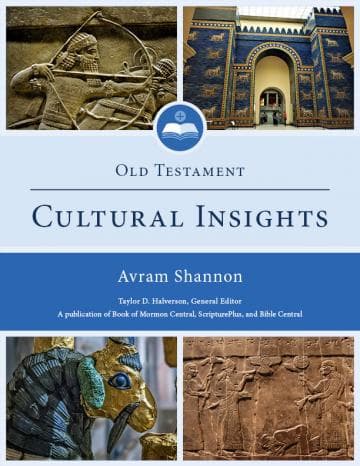Book
71 Chapters

The Old Testament often contains stories that are similar to myths or stories from the nations that surrounded ancient Israel. One such story tells of Jehovah fighting with the forces of disorder (personified as a sea dragon) as part of the process of Creation. The sea dragon is called Rahab in Psalm 89:10 and Isaiah 51:9 but Leviathan in Job 41:1, Psalm 74:14, and Isaiah 27:1. Each of these verses contains an allusion only to the narrative of Jehovah fighting the dragon rather than a complete narrative. Genesis 1:21 reverses this tradition and narrates that God created sea dragons, translated in the King James Version as “great whales,” alongside the other sea animals.
The allusions to this story are applied by Israelite authors in intriguing ways. The author of Job points to the leviathan to show how much more powerful the Lord is than Job. Similarly in Psalm 89:10, Jehovah’s victory over Rahab is a testament to His power over the sea. In Isaiah 51:9–10, the fight between Jehovah and the great sea dragon is connected with the Exodus and the parting of the Red Sea: “Awake, awake, put on strength, O arm of the Lord; awake, as in the ancient days, in the generations of old. Art thou not it that hath cut Rahab, and wounded the dragon? Art thou not it which hath dried the sea, the waters of the great deep; that hath made the depths of the sea a way for the ransomed to pass over?” The book of Isaiah here connects the Creation with the Exodus and then, in 51:11, connects them both with the promised redemption of Israel.
Genesis 1:21
Job 41:10
Psalm 74:14
Psalm 89:10
Isaiah 27:1
Isaiah 51:9
Book
71 Chapters
Items in the BMC Archive are made publicly available for non-commercial, private use. Inclusion within the BMC Archive does not imply endorsement. Items do not represent the official views of The Church of Jesus Christ of Latter-day Saints or of Book of Mormon Central.